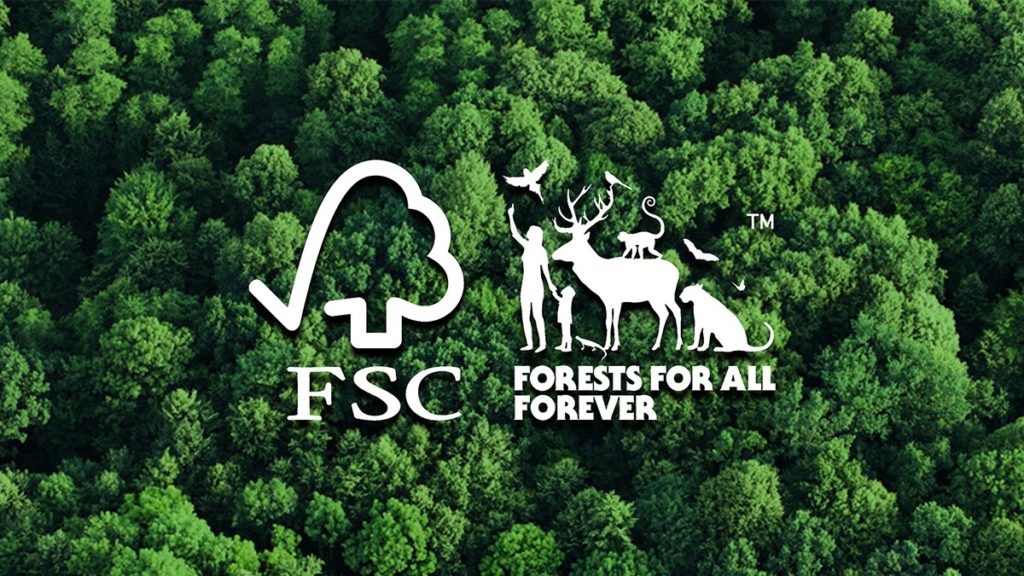

Eco‑urn certification is still an evolving space—but one that is essential for consumers, families, and professionals who want their final tributes to align with environmental values.
As more families seek sustainable and environmentally conscious ways to honor loved ones, eco-urns—biodegradable or sustainably sourced cremation urns—have gained significant popularity. But as demand grows, so does the confusion. What makes an urn truly “eco”? Are there official certifications? And how can families (or funeral professionals) ensure they're offering or selecting an urn that aligns with green values?
This post explores current eco‑urn standards, emerging certification efforts, and what to look for when choosing earth-friendly memorial products.
What Is an Eco‑Urn?
An eco-urn is a cremation urn made from biodegradable, compostable, or sustainably harvested materials designed to break down naturally after burial or water dispersal—or, alternatively, to be crafted from low-impact, sustainable materials suitable for display.
Eco‑urns may be used for:
Burial in soil or natural settings
Water dispersal, such as ocean scatterings
Home display, with a focus on sustainable sourcing and ethical production
Common Eco-Friendly Materials
Paper and Pulp: Hand-pressed paper urns often include plant fibers or recycled materials and break down quickly in the earth or water.
Salt or Sand: Sculpted urns designed to dissolve in water within hours or days.
Bamboo or Palm Leaf: Renewable and naturally biodegradable over time.
FSC‑Certified Wood: Sustainably harvested wood with Forest Stewardship Council certification.
Ceramics with Natural Glazes: For display urns, using low-impact kilns and natural materials.
Note: The term “biodegradable” is not always regulated, making certification important for consumer confidence.
Why Eco‑Urn Certification Matters
Without clear standards, terms like “eco” or “biodegradable” can be used loosely—leading to greenwashing or misleading claims. Eco‑urn certification aims to:
-
Ensure safe materials that won’t harm soil or aquatic ecosystems
-
Prevent urns with hidden plastic, metal, or synthetic dyes
-
Offer families peace of mind that their tribute aligns with environmental values
-
Help funeral homes and retailers confidently market sustainable options
Existing Certifications and Standards to Watch
1. Green Burial Council (GBC)
-
The most established certification body in the U.S. for green burial products.
-
Offers product approvals for biodegradable urns, shrouds, and caskets.
-
Products must meet specific decomposition, toxicity, and packaging criteria.
Tip: Look for the “Approved for Green Burial” badge when sourcing urns.
2. FSC Certification (Forest Stewardship Council)
-
Ensures wood used in urns comes from responsibly managed forests.
-
Especially important for families choosing wood display urns or keepsakes.
3. Biodegradable Product Institute (BPI)
-
Though not urn-specific, BPI certifies products that compost in controlled settings—emerging as a reference for future eco‑urn compostability standards.
4. Homegrown Certifications and Artisans
-
Many small-batch urn makers provide detailed breakdowns of materials, processes, and environmental impact.
-
While not formal certifications, transparency and third-party testing help build trust.
What Funeral Homes Should Know
If you’re offering eco‑urns in your catalog or website, here are key considerations:
-
Request documentation: Ask manufacturers for sourcing and material breakdowns.
-
Offer options: Some families want fast-degrading urns for burial or water; others want sustainably made urns to keep at home.
-
Use clear language: Instead of “eco-friendly,” say “made from FSC-certified wood” or “designed to biodegrade within 3 days in water.”
-
Educate staff: Equip your team to explain how eco‑urns differ from traditional ones.
-
Bundle thoughtfully: Pair eco‑urns with biodegradable scattering tubes, recycled-paper memorial cards, or tree-planting dedications.
Oaktree Memorials’ Approach to Eco‑Urns
At Oaktree Memorials, we offer a range of sustainably sourced urns—from our FSC-certified Barnes Walnut and Oak urns to biodegradable Eco Burial Pods made of plant fiber. We believe that honoring someone’s life should reflect the values they lived by—including care for the planet.
As certifications evolve, we’re committed to transparency and helping customers understand the environmental impact of their choices.
What to Ask When Shopping for Eco‑Urns
-
What materials are used? (Are they natural, renewable, compostable?)
-
Is this certified by a third party like GBC or FSC?
-
What is the intended use? (Burial, scattering, or display?)
-
**How long will it take to biodegrade in the intended environment?)
-
**Are there any synthetic components, adhesives, or finishes?)
If an urn contains plastic liners, resin finishes, or metal screws, it may not qualify as truly biodegradable—even if the outer material is natural.
Trends to Watch
-
Water Biodegradable Urns: Rapid growth in ocean/lake scattering options made of salt, sand, or water-soluble paper.
-
Hybrid Materials: Bioplastics and mycelium (fungi-based) urns are in early-stage development.
-
Digital Certifications: QR codes on urn packaging linking to sustainability disclosures.
-
Memorial Tree Programs: Urns bundled with tree-planting services or seed-infused packaging.
-
Eco-Regulations: State-level legislation may soon regulate terms like “green” or “biodegradable” in the deathcare industry.
Final Thoughts
Eco‑urn certification is still an evolving space—but one that is essential for consumers, families, and professionals who want their final tributes to align with environmental values. As demand grows for biodegradable, low-impact, and ethically sourced memorial products, certifications will help guide trust and transparency.
Whether you're a family choosing a scattering urn for a coastal ceremony, or a funeral director offering green burial alternatives, knowing the standards behind eco‑urns helps ensure that every decision honors not just the individual—but the planet, too.
At Oaktree Memorials, we believe that remembering someone shouldn’t cost the earth—and we’re proud to offer urns that are beautiful, responsible, and made to reflect the life they hold.




